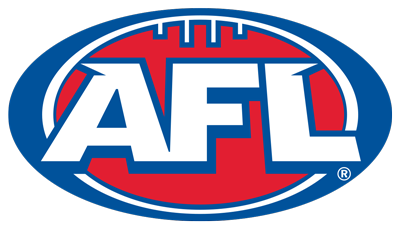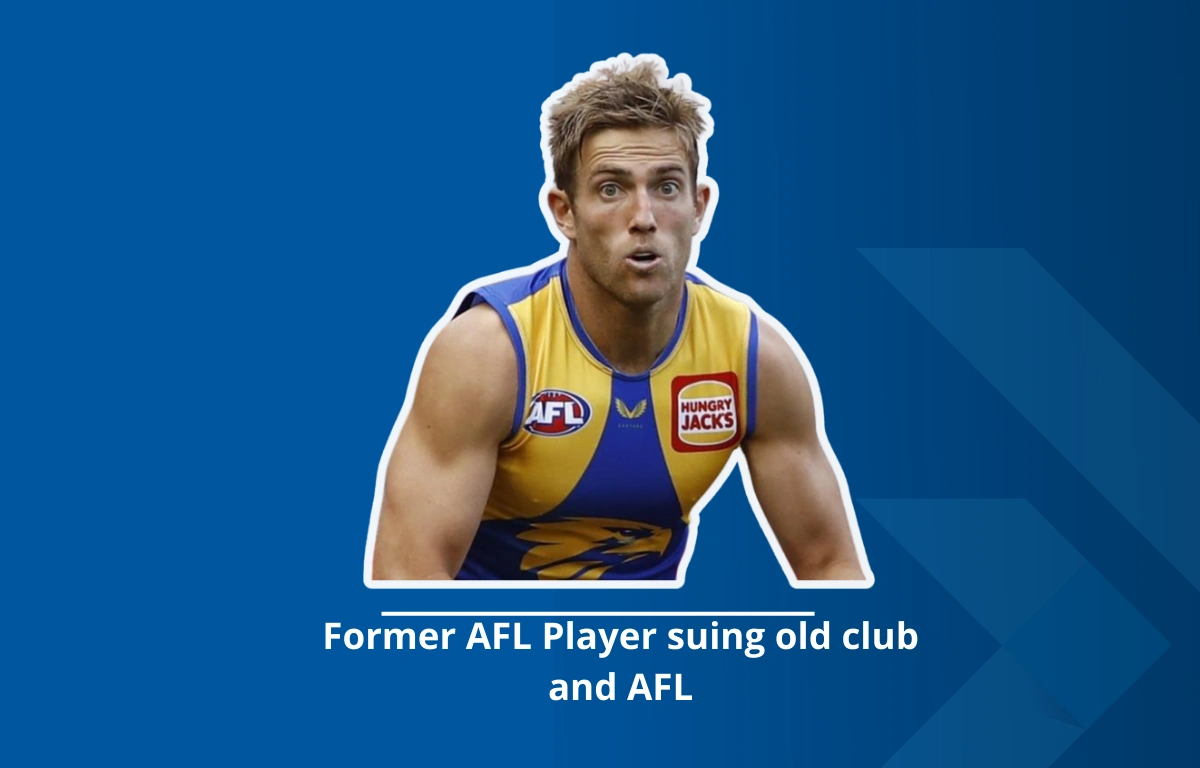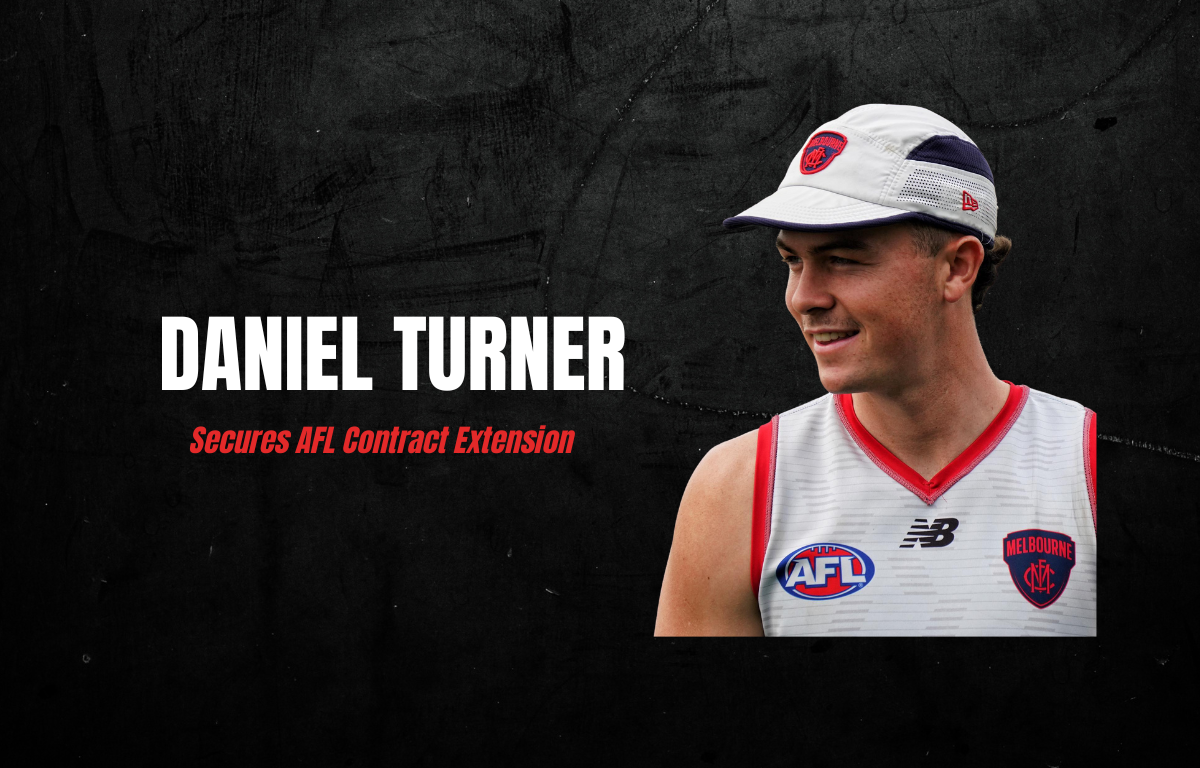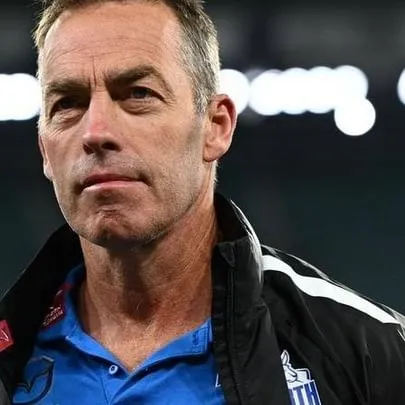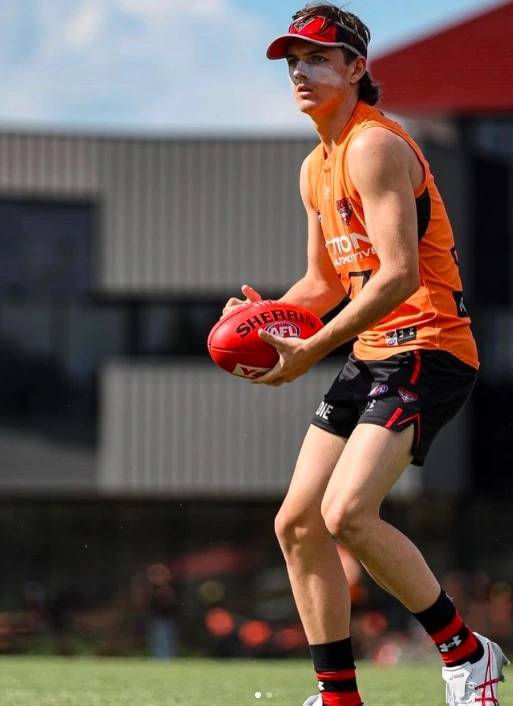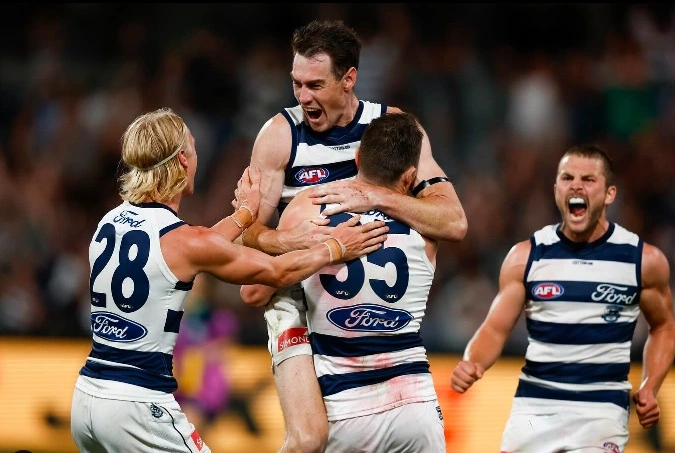Legal Battle Brewing Over AFL Star’s Retirement
Last updated on July 12, 2024 at 11:38 am
Posted on July 11, 2024 at 15:23 pm
A legal battle is unfolding post-retirement of AFL star Brad Sheppard, who is suing the West Coast Eagles, the AFL, and medical professionals due to alleged medical negligence concerning his enduring concussion issues. This case spotlights the important player safety complexities and professional standards in sports medicine, prompting evaluations of concussion management procedures in the AFL. The involvement of doctors and sporting entities underscores the seriousness of the allegations. Greater vigilance, robust protocols, and reevaluation of current safety measures may be necessary to guarantee athlete welfare. Learn more about the implications of this legal dispute on player safety and concussion management.
Brad Sheppards Retirement and Lawsuit
Brad Sheppard’s retirement from AFL in 2021, citing long-term concussion symptoms, has led to a legal battle as he files a lawsuit against the Eagles, the AFL, and two doctors for medical negligence. Sheppard’s decision to step away from the sport due to ongoing concussion effects has raised significant legal implications.
With a career spanning 216 games for the Eagles and notable achievements like being part of the All-Australian team in 2020, Sheppard’s case brings attention to player safety and concussion management in the AFL.
The lawsuit, lodged in WAs Supreme Court, alleges neglect and breach of contract by the parties being sued, including doctors Gerard Taylor and Alex Strahan, as well as West Coast and the AFL. Sheppard’s legal team, specializing in personal injury and medical negligence cases, is poised to navigate the complexities of this high-profile legal dispute.
Allegations of Medical Negligence
The allegations of medical negligence in Brad Sheppard’s case raise significant concerns regarding the duty of care and professional standards in sports medicine. Sheppard’s claim against the Eagles, the AFL, and two doctors for alleged medical negligence resulting in long-term concussion symptoms leading to his retirement in 2021 is a serious matter.
His subsequent need to quit his job in 2023 due to ongoing effects further underscores the potential ramifications of inadequate medical care in sports. The legal implications of Sheppard’s allegations highlight the importance of thorough concussion management protocols and the necessity of upholding high standards of medical care to safeguard the well-being of athletes.
This case serves as a poignant reminder of the critical role healthcare professionals play in ensuring the safety and health of players.
Impact on Player Safety in AFL
Certainly, what broader implications does Brad Sheppard’s legal battle over medical negligence in the AFL have on player safety within the league?
Sheppard’s case sheds light on the critical issue of player safety, particularly concerning concussion management and protocols.
The spotlight on his situation underscores the potential long-term consequences of head injuries in sports like AFL.
It raises concerns about the sufficiency of existing safety measures and protocols to protect players from such risks.
This case emphasizes the necessity for stricter monitoring, timely intervention, and thorough care for athletes who suffer head injuries during play.
The AFL may need to reevaluate and strengthen its safety guidelines to safeguard the well-being of its players and prevent similar incidents in the future.
Legal Proceedings and Defendants
Legal proceedings surrounding Brad Sheppard’s lawsuit for medical negligence in the AFL involve multiple defendants. These include doctors Gerard Taylor and Alex Strahan, as well as the West Coast Eagles and the AFL. Sheppard’s legal team is pursuing a case in the WA Supreme Court, alleging neglect and breach of contract on the part of these defendants.
The inclusion of both medical professionals and sporting organizations in the lawsuit indicates the complexity of the allegations being made. With Sheppard’s retirement linked to long-term concussion symptoms, the case highlights the growing concern over player welfare and the duty of care owed to athletes in contact sports.
The specialized expertise of Sheppard’s legal representatives suggests a thorough and strategic approach to seeking justice for the alleged medical negligence.
Implications for Concussion Protocols
With Brad Sheppard’s case shedding light on player welfare concerns in the AFL, the examination of concussion protocols becomes paramount in ensuring the long-term health and safety of athletes in contact sports.
Sheppard’s situation underscores the necessity for stringent concussion management guidelines and vigilance in monitoring head injuries. The AFL’s current minimum 12-day rest period for players recovering from concussions may need reassessment in light of cases like Sheppard’s, where long-term effects have forced early retirement.
This highlights the imperative of continuous improvement in concussion protocols to safeguard athletes from potential severe consequences. Sheppard’s legal battle serves as a stark reminder of the critical importance of prioritizing player welfare and implementing robust measures to address head injuries in professional sports.
